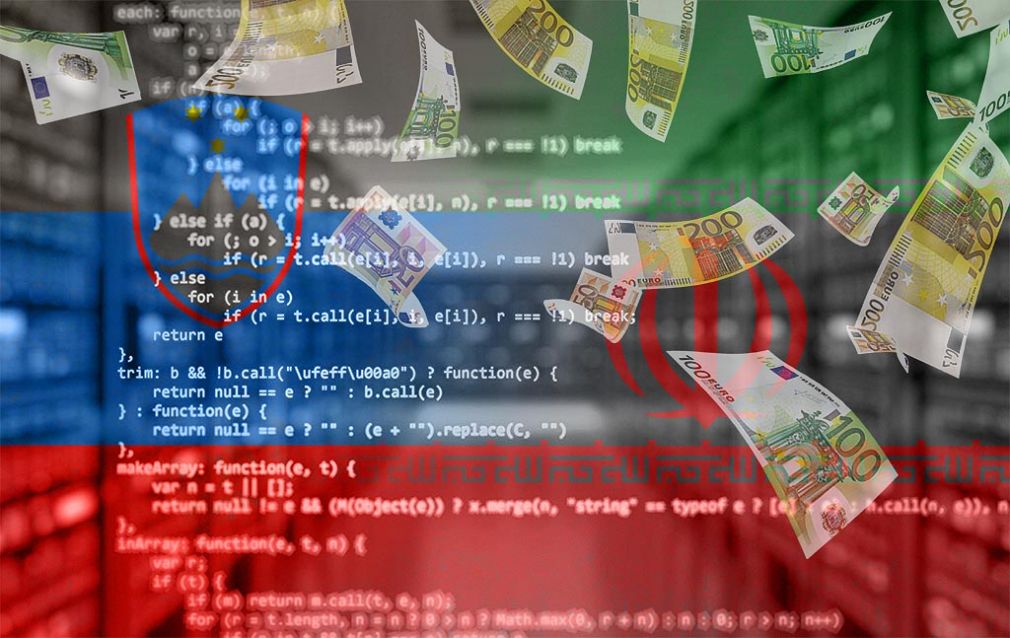A federal grand jury has indicted two Iranian men (HERE) with participating in a conspiracy to procure and illegally send export-controlled computer servers to Iran. What makes this even more interesting is the fact that the Iranians submitted forged documentation, according to which the equipment that can be used for both military and civilian purposes was being exported to Slovenia, when in fact, it ended up in the Middle East, where, according to the U.S. authorities, it poses a potential threat to the stability and security of the region.
Even though the Slovenian law enforcement authorities have swept the laundering of billions of Iranian money in the state-owned NLB bank under the carpet, pieces of this story are being put together abroad, where Iranian terrorism is taken seriously and prosecuted. The U.S. has thus filed an indictment against two Iranians and an American who illegally exported computer equipment to Iran.
According to the indictment, in the time period between January 2013 and July 2017, two Iranian citizens, the 42-year-old Ebrahim Azadegan and 45-year-old Alireza Avandi, with the help of a U.S. citizen Johnny Tourin (who will be tried separately in January) and Spectra Equipment, purchased, partly shipped, and partly intended to ship computer equipment to Iran, thereby violating laws, prohibiting the export of strategic equipment to Iran, according to the website of the U.S. Department of Justice.
The conspirators submitted forged documentation, according to which the equipment, which can be used for both military and civilian purposes, was being exported to Slovenia, but it, in fact, ended up in the Middle East, where, according to the U.S. authorities, it poses a potential threat to the stability and security of the region.
How come the Iranians chose Slovenia?
The Iranians, who are now reportedly hiding in the Middle East, were named in a 10-count indictment that charges them with violating the International Emergency Economic Powers Act (IEEPA) and the Iranian Transactions and Sanctions Regulations, which restrict the export of goods and services from the United States to foreign nations. Azadegan and Alvandi were also charged with conspiracy, wire fraud, smuggling goods out of the United States, and money laundering. If found guilty, the Iranians face 190 years in prison. Johnny Tourino was already indicted in 2018, but at the time, it was not yet known who the “other two people” were, with whom Tourino bought and shipped computer equipment to Iran, namely, to Bank Mellat, an Iranian financial institution which has repeatedly been linked to the financing of terrorists. Proof that the computer equipment was indeed intended for Iran. is an intercepted e-mail sent by Tourino to a computer equipment manufacturer, from which the words “Iran” and “Tehran” have been deleted.
Following the Irangate affair, Slovenia is once again somehow connected to the Iranian money laundering, fraud, and violations of international law. It is interesting that the Iranians chose Slovenia as their “fake destination,” as Slovenia is the country in which an Iranian citizen laundered a billion euros three years earlier, through a state bank. Are the two matters related? Several U.S. offices (FBI, IRS, and others) are continuing the investigation.
Peter Truden


